DBT for Children and Adolescence ]1 MP4]
DBT for Children and Adolescence
[1 TXT]
Description
*************************************************************** Bonus for Marsha Linehan Mega DBT Training Group BuySharing it outside is absolutely forbidden *************************************************************** DBT for Children and Adolescence About the Speaker: Eboni Webb, PSY.D., HSP, is a licensed psychologist and serves as an advisor to the Dialectical Behavior Therapy National Certification and Accreditation Association (DBTNCAA). She has practiced in numerous community settings including clinics that treat underserved communities of color, clients with developmental disabilities, and clients suffering from severe and persistent mental illness. She worked at the largest mental health clinic at the time in the Minneapolis/St. Paul area that specialized in treating clients diagnosed with Borderline Personality Disorder (BPD) with Dialectical Behavior Therapy (DBT). She has practiced DBT in community mental health centers and developed two special DBT-oriented treatment programs for clients with developmental disabilities and borderline-intellectual functioning. Dr. Webb currently resides in Nashville, TN where she has been serving clients in her private practice, Kairos. She continues to specialize in individual and group DBT as well as cognitive-behavior strategies that address a myriad of clinical issues. She also offers special group therapies for adults and a dual-track of teen skills training that includes their parents. Description: Apply DBT to most prevalent child and adolescent disorders: ADHD Attachment Disorder Oppositional Defiant Disorder (ODD)/Conduct Disorder (CD) Eating Disorders Anxiety Depression Substance Abuse Adapt the current DBT skills training manual to reflect the language of children and teens Complete this seminar recording and you will discover how powerful, and proven, Dialectical Behavior Therapy (DBT) is for treating challenging child and adolescent disorders. Working with emotionally-dysregulated children in your practice can be overwhelming and exhausting. You probably feel the pull of being the “savior” for dysregulated child and their worried parents. Learn how to implement the DBT skills you need to be more effective in treatment, avoid burnout and achieve positive outcomes. Join Dr. Eboni Webb, advisor to the Dialectical Behavior Therapy National Certification and Accreditation Association, and take home evidence based strategies from DBT to use with young clients who have: ADHD Attachment Disorder Oppositional Defiant Disorder (ODD)/Conduct Disorder (CD) Eating Disorders Anxiety Depression Substance Abuse and more…Dr. Webb will give you the skills training you need through experiential activities. Learn to work together with children and parents to increase compassion, reestablish structure, and create a validating environment. Complete this program with the knowledge and skills to confidently teach parents and care providers how to implement a safe structure that enables the child to learn and master these skills at home. objectives: List the critical “ingredients” for effective DBT therapy. Describe the biosocial model of pervasive emotional dysregulation disorders found in innately sensitive children. Utilize behavior modification strategies at the earliest stage of dysregulation. Summarize the importance of structure in both skills training and home environments and how to teach parents or care providers to implement these strategies. Explain how to adapt each skills module to reflect the language of the child. Explain the role of parents/therapists/care providers and how to reestablish a safe and loving structure that enables the child to learn and generalize skills. Outline: Developmental Theory and Dialectical Behavior Therapy Biosocial Model Attachment style Impact of trauma Effects of inadequate validation in early emotional development Symptoms of a pervasive emotional dysregulation disorder Key Dialectical Dilemmas Adapt DBT to Key Childhood and Adolescent Disorders ADHD Attachment Disorder Oppositional Defiant Disorder (ODD)/Conduct Disorder (CD) Eating disorders Anxiety Depression Substance abuse Skills Training with Experiential Activities Mindfulness (reducing vulnerability to self-medicating behaviors common in ADHD & Depression) Emotion Regulation (attachment disorders, anxiety) Distress Tolerance (ODD /AD HD/eating disorders) Interpersonal effectiveness Validation Behavior Modification and DBT DBT relationship and change strategies Validation and change Practicing dialectical thinking Creating opportunities to practice skills to avoid ineffective coping behaviors Group Skills Format Concurrent skills training Multifamily skills training Tracking outcomes to ensure effectiveness of approach Download:Donors: Immediae and Ratio FreeOthers: As per elib rulesThnx to user Timmybanmana for contributing this materialEnjoy
You must be logged in to post a review.

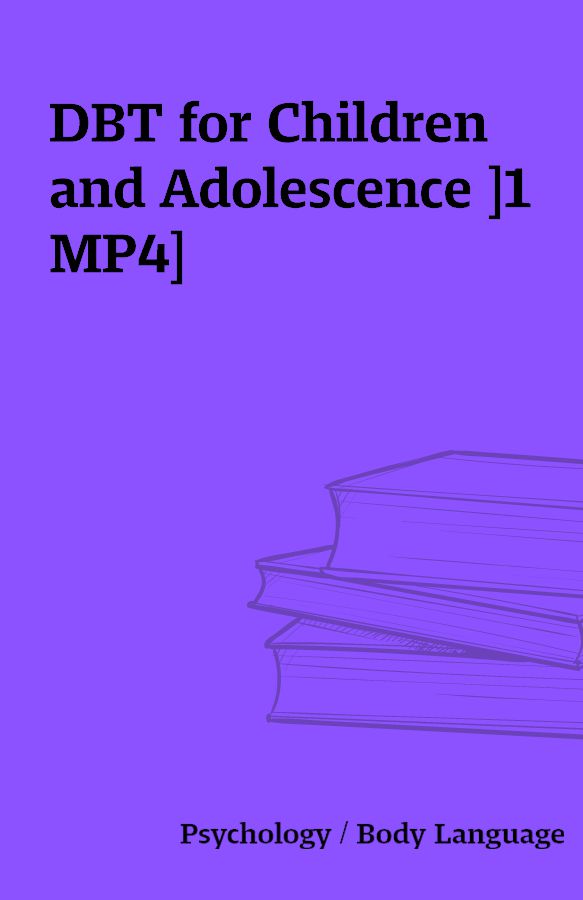
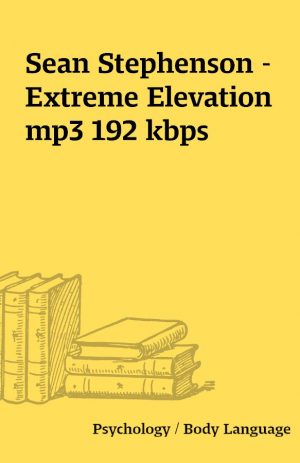
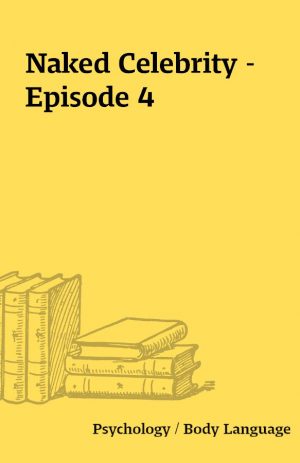
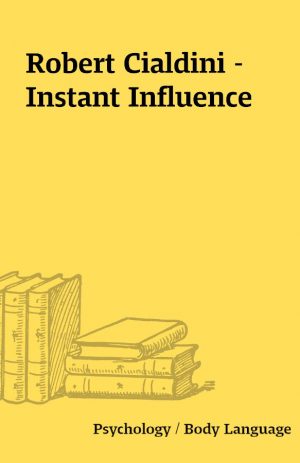
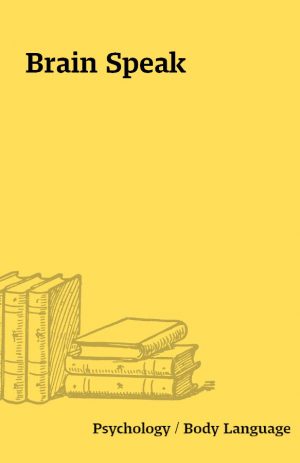
Reviews
There are no reviews yet.